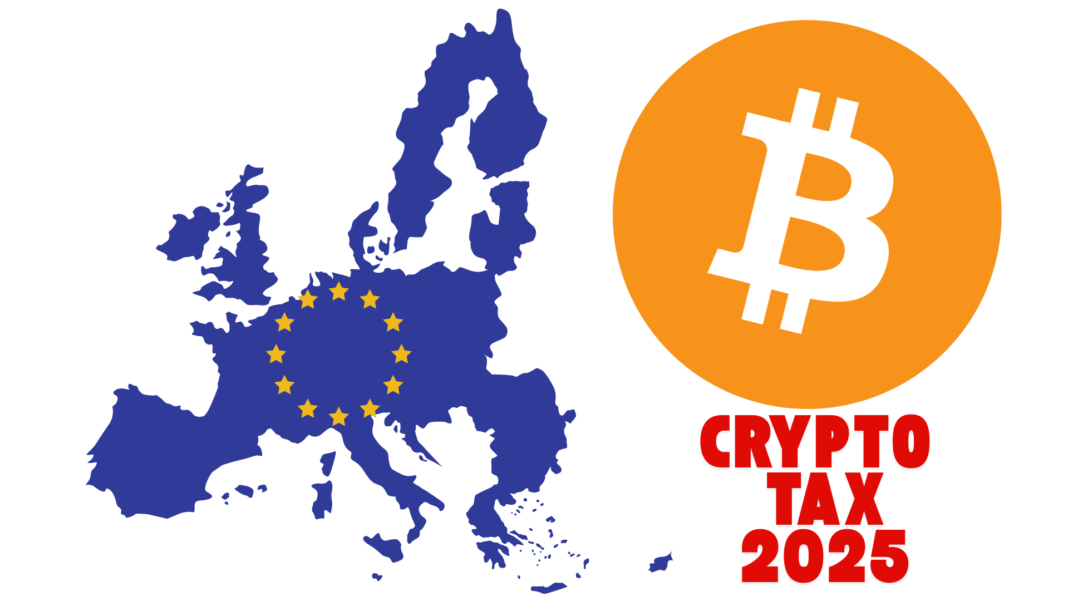The European crypto landscape is bracing for a major transformation as tax-free treatment for cryptocurrency gains is expected to decline significantly by 2025.
Historically, countries such as Portugal, Switzerland, and Malta have provided crypto investors with tax-friendly or even tax-free environments, making them attractive havens for individuals and businesses seeking to minimize tax burdens.
However, this is rapidly changing as governments recognize the potential for tax revenue from the booming crypto sector.
Germany, Malta, and several other nations are leading the charge in overhauling their crypto taxation policies to address growing regulatory concerns and financial transparency.
The Decline of Crypto Tax Havens and the Rise of New Policies
Europe has long been known for hosting a mix of crypto tax havens, but the number of countries offering favorable taxation policies is shrinking.
Germany and Malta, traditionally regarded as crypto-friendly, are now reassessing their frameworks to implement more robust tax regulations.
Other nations, such as Monaco, Slovenia, and Romania, are also drafting or revising crypto tax policies.
The trend reflects a broader push for transparency and equitable financial systems, with governments aiming to ensure that the crypto industry contributes fairly to national revenue.
The shift underscores the growing recognition of cryptocurrency as a mature asset class, with regulators keen to balance innovation with financial accountability.
Also Read: MicroStrategy Redeems $1.05 Billion Convertible Notes Amid Potential Tax Concerns On Bitcoin Gains
Opportunities in Low-Tax Jurisdictions Amid Rising Regulation
Despite the decline of tax-free havens, some European countries continue to offer relatively attractive environments for crypto investors.
Switzerland, known for its crypto-friendly regulations, maintains flat capital gains tax rates for private investors.
Estonia provides unique corporate tax structures that may benefit crypto businesses, while Romania’s relatively low tax rates still appeal to individual investors.
These jurisdictions remain competitive for crypto enthusiasts, though investors must stay vigilant as regulatory frameworks are evolving rapidly.
Monitoring developments across these countries will be essential for those seeking to optimize their tax obligations while remaining compliant.
Global Context: Regulatory Pressures and Crypto Taxation Trends
Europe’s tightening crypto taxation policies mirror global trends in regulatory scrutiny.
In India, the cryptocurrency market eagerly awaits the 2025 Union Budget, hoping for clarity on high tariffs introduced in 2022 that have stifled growth.
Meanwhile, the United States has intensified its enforcement, exemplified by the sentencing of early Bitcoin investor Frank Richard Ahlgren III to two years in prison for tax fraud.
Ahlgren has also been ordered to disclose passwords to digital assets worth $124 million, highlighting the risks of noncompliance with tax laws.
These cases emphasize the growing determination of governments worldwide to regulate crypto markets and ensure accountability, marking a pivotal moment for the industry.
Also Read: Kyrgyzstan’s Crypto Mining Tax Revenue Plunges 50% to Just $500K in 2024


